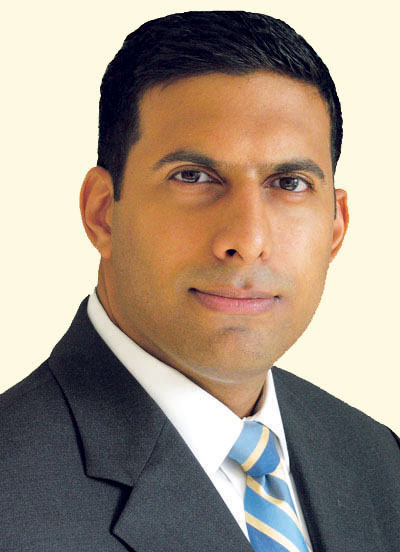A Perfunctory Extension of TRIA Is a Disservice to the Industry
By Sam Chandan April 24, 2013 10:00 am
reprintsThe events in Boston last week offered a harrowing reminder of our mortal condition. However durable, our peace is fragile. We can guard against acts of inhumanity, but we can never escape their possibility. We can agree that we are unbowed, but we are still changed.
 Earlier this year, the Terrorism Risk Insurance Act Reauthorization Act of 2013 was introduced to the 113th Congress. The original act, made law in 2002, provides a federal loss-sharing backstop for private insurance against terrorist attacks. That coverage would have been part of the general policy prior to September 11. Following the attacks, blanket coverage was untenable. The law has been extended twice and is set to expire again next year.
Earlier this year, the Terrorism Risk Insurance Act Reauthorization Act of 2013 was introduced to the 113th Congress. The original act, made law in 2002, provides a federal loss-sharing backstop for private insurance against terrorist attacks. That coverage would have been part of the general policy prior to September 11. Following the attacks, blanket coverage was untenable. The law has been extended twice and is set to expire again next year.
Uninsured property risks are nothing new. Catholics and Protestants alike should refer to their homeowners’ policies; neither group is covered against Acts of God. Catastrophic losses with uncertain probabilities will strain an otherwise efficient private insurance market. Even the most consistent detractors of government invasiveness typically agree on the salutary impact of public policy in this arena. Unable to quantify the frequency or severity of loss-related events, insurers may look to worst-case scenarios. By containing the risks to insurers of the most costly potential events, the backstop seeks to correct market failure.
Terrorism insurance is not like health insurance. Losses are positively correlated in the former case, violating the basic premise of the risk-pooling mechanism. Is that the full extent of the economic problem? Neither property owners nor insurers have better insight into the likelihood of an event, so asymmetric information across the parties to the transaction is not the driver of market breakdowns.
Advocating for TRIA is an important part of the real estate industry’s engagement with Washington, D.C. The industry has allies in the economics profession and within the various branches of government. In independent assessments over the last decade, the Government Accountability Office has concluded that private insurers would exclude terrorism coverage absent an effective upper bound on their liability.
The rationale for insurance as a component of a well-functioning economy that can also transcend party ideologies has historical precedent. The War Damage Insurance Corporation provided coverage for otherwise uninsured American assets World War II. Following a period of social upheaval, a reinsurance program covering riots was introduced with the Housing and Urban Development Act of 1968. Flood insurance is the more common example today, though it introduces the potential for moral hazard.
Support for TRIA’s extension is not universal. The program is likely to see an extension in any case. The beneficiaries are concentrated and articulate while the costs are borne across the federal tax base. In the language of public policy, we have an instance of client politics. An avowed liberal, I get very lonely on my visits to the Heritage Foundation website. But David John, a senior fellow at the conservative think tank, made an important point in Congressional testimony last year. Even as the private sector’s capacity to price and offer insurance improves, “the continued existence of TRIA may keep the industry from further progress … Any program that essentially transferred the risk from companies to the government by promising that tax dollars would pay most of the losses would only make it more difficult for private insurers to establish the real market price for terrorism coverage.”
In light of the government’s penchant for distorting risk-taking behaviors and engineering unintended consequences, TRIA’s proponents should be mindful that viable alternatives to public intervention might one day emerge. It is in our industry’s long-term interest that they should be given room to emerge as part of any TRIA extension. They will be more expensive; that’s the private market at work, not necessarily a market edging toward failure.
dsc@chandan.com
Sam Chandan, Ph.D., is president and chief economist of Chandan Economics and an adjunct professor at the Wharton School.



